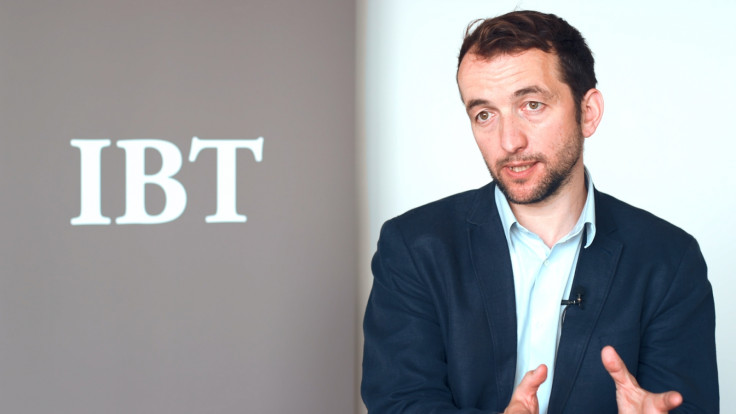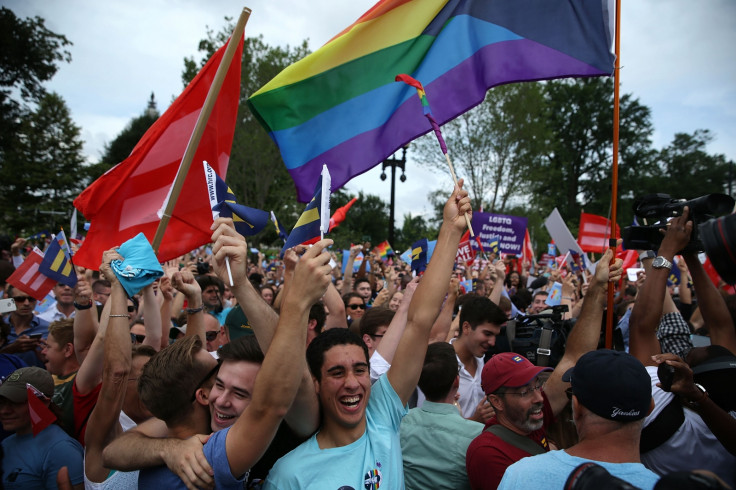Queen Elizabeth II longest reign: Should we abolish the monarchy? [Poll]
On 9 September, Queen Elizabeth II is set to break the record held by her great-great-grandmother Queen Victoria and become the UK's longest reigning head of state. Many people across the country are expected to celebrate this historic milestone. But not everybody.
"Being on the throne the longest is not an achievement. It just comes down to good timing, good luck and genetics. If you're given a job for life at the age of 25 and you're still around at the age of 85 or 90 then that is what happens," Graham Smith, the chief executive of Republic, tells IBTimes UK on the topic of Britain's most popular monarch, according to a recent YouGov poll.
Harmful to democracy
Founded in 1983, the political pressure group, which claims to have 5,000 members across the UK, campaigns for the abolition of the British monarchy. Smith contends the main reason for its cause is that having a monarchy in place in the UK is harmful to democracy.
"I'd say the whole institution is harmful in the sense that it has a real breaking effect on our democratic culture and any moves for democratic reform. I think the majority of people in this country think that our political system is in serious need of reform one way or another. And the crown and the monarchy is absolutely central to what is wrong with our political system," he says.
"Aside from that, the royals are secretive, have access to hundreds of millions of pounds of public money and they interfere in politics behind closed doors. So it is a serious problem that needs to be addressed."

Could the republican movement become the next gay marriage?
But popularity for the royal family remains high. A ComRes survey in 2013 found 66% of people favoured a monarchy, as opposed to only 17% for a republic. Despite this, Republic remains adamant it is only a matter of time before public perception turns against the royal family.
Smith says: "A lot of people are open to persuasion. We know that from talking to them in the street and going to meetings and debates.
"You only have to look at a whole load of other issues like for example gay marriage, which 10 years ago most people were against in Western democratic societies, to see that now most people are in favour of it, including the US Supreme Court and the Irish people. So things change quite quickly and we need to find opportunities to engage people in that discussion."

Corbyn support
While for now the UK republican movement remains a fringe issue, campaigners such as Smith hope that by building political influence in Westminster along with their grassroots support, they can ignite a debate on the matter across the country.
One politician in particular who they hope will bring attention to the cause is Jeremy Corbyn. A staunch republican, the left-wing MP is the favourite to be announced as Labour's new leader after the results of the party's leadership election are revealed on 12 September.
"If he can actually succeed as Labour leader then we have a republican as party leader for first time. And that clearly helps legitimise the cause and gives it opportunities to amplify the case," Smith says.
"I think also having someone who's prepared to break out of the comfort zone of Westminster politics in terms of other issues then creates the opportunity to start talking about our issue. Because a lot of the time I think politicians agree with us but simply don't want to get involved in these issues because it's beyond their comfort zone."
With 63 years and counting, Queen Elizabeth II will continue to sit on the throne for the time being. While the Queen might be about to become Britain's longest reigning monarch, if the UK republican movement gains ground in the coming years, there's a small chance she could be the last as well.
© Copyright IBTimes 2025. All rights reserved.






















